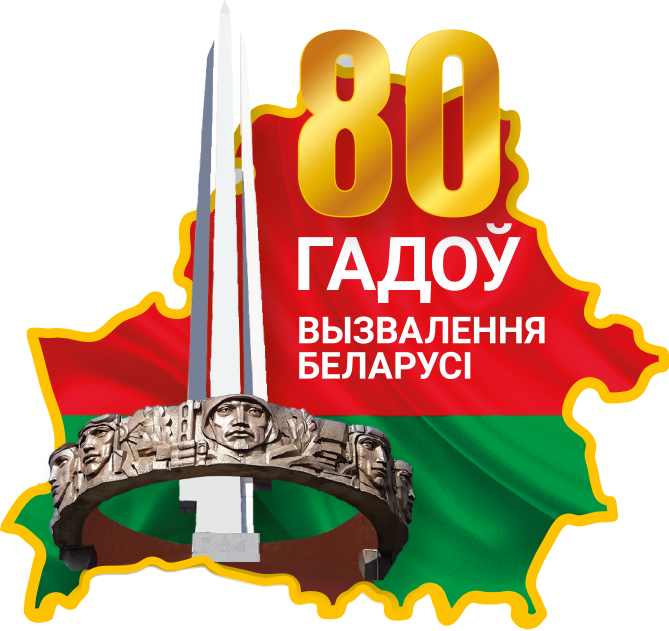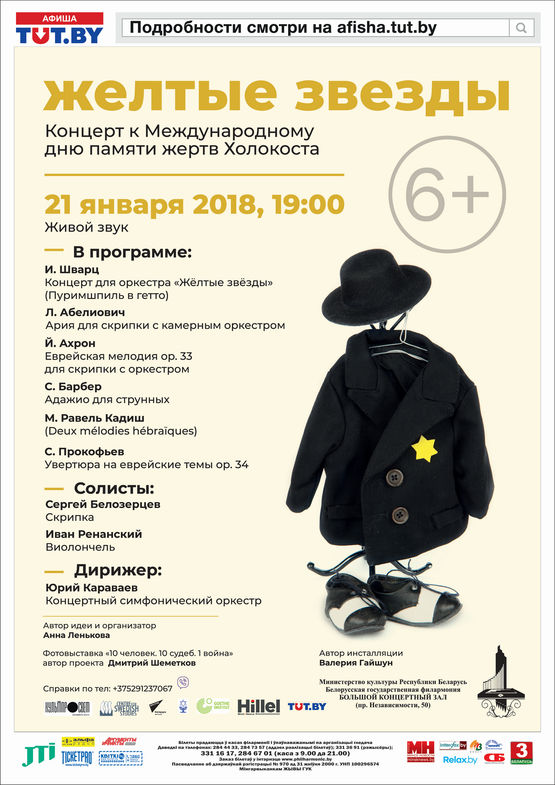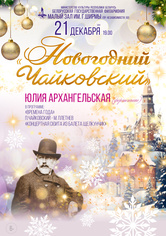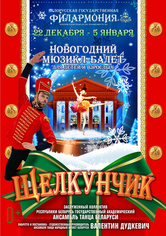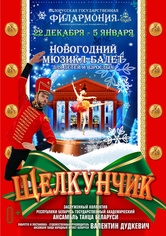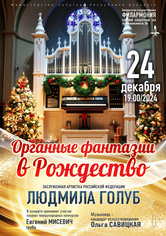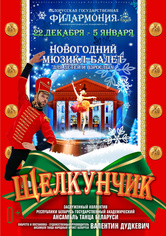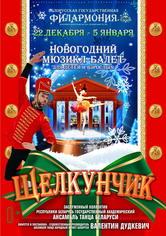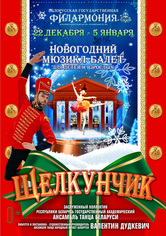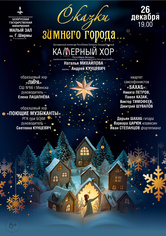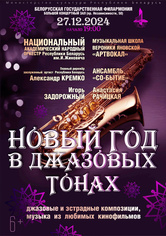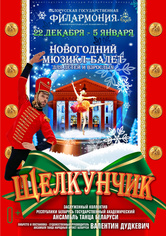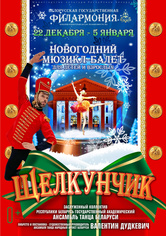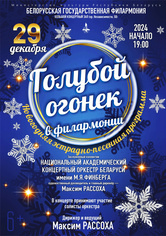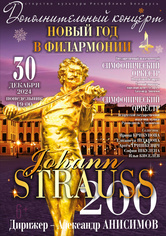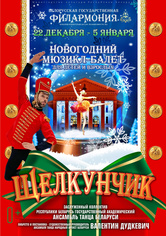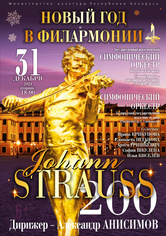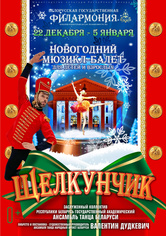On January 21, 2018 in the Big Hall of the Belarusian State Philharmonic Society there will take place a concert, dedicated to the International Day of Commemoration in Memory of the Victims of the Holocaust. This event is very important for each of us. People mustn’t allow such a tragedy to happen again..
“Holocaust tragedy has a lot to do with my family. My great-grandmother belongs to the Righteous among the Nations. She saved a Jewish family during the war. A stone with a name of Irina Masiukevich is placed at the Alley of the Righteous among the Nations in Bobruisk. Besides, her name is engraved in the Wall of Honor in the Garden of the Righteous at Yad Vashem.”
Anna Lenkova
This will be a memorial evening, where there will be played classical music. Music will help the listeners to be plunged in grave thoughts, which are still very important for each of them.
Our duty is to commemorate the people, died during the Holocaust as the most horrible genocide in the history. For many decades the topic of the Holocaust, Jewish resistance and heroism was prohibited in our country. The remembrance of the Holocaust is saved in the historic documents, people’s memories and works of art. The topic of the Holocaust also remains in the music by the composers, that lived in the countries of the Soviet Union and that territories of the post-Soviet times. Such compositions are not individual, but in music literature these compositions where noted as the ones, dedicated to the Great Patriotic War. Rave performances of such compositions, concealment of facts, concerning the biographies of composers, existence of the compositions by quite famous composers in their in manuscripts didn’t give rise to issues among the researchers.
Only during the 1990s Soviet composers decided to come out of hiding. For a number of composers the topic of the Holocaust is directly connected with the tragedies of their own Jewish families. Among them there are Mieczysław Weinberg, Lev Abeliovich, Eta Tyrmand, Heinrich Wagner.
Another part of the composers, who turned to this subject, were the composers, who considered this topic to be the tragedy of the whole nation, not depending on the historic period, when they could render it in music. Isaak Schwarz belongs to this group of composers, too. His composition “Yellow Stars” (“Gelbe Sterne – Purimspiel im Ghetto”) marked the end of the 20th century, the century of shocks and tragedies. The premiere performance of the “Yellow Stars” took place on May 10, 2000 in the Grand Hall of Saint-Petersburg Academic Philharmonic Society. Later the concert was performed in Moscow and three years later in Saint-Petersburg in the new version.
Under the impression of documentary notes of one of the prisoners of the Kaunas Ghetto, which have especially amazed the composer by the description of celebration of Purim, the idea of creating the work was developed by Isaak Schwarz. Isaak Schwarz dedicated his concert to the memory of the Swedish diplomat Raoul Wallenberg, who saved tens of thousands of Jews from the death during the Second World War.
Many people listened to this work standing from beginning to end. The work “Yellow stars” returned the listener to the most cheerful and bright Jewish holiday, which wasn’t forgotten in the terrible years of the Holocaust.
It’s this work that will become the core of the concert on January 21, which didn’t sound about 10 years in Minsk. For the first time Minsk audience heard “Yellow stars” in 2008 as a part of the “Music parlour” project of Tatiana Starchenko performed by the State Academic Symphony Orchestra of the Republic of Belarus (conductor - Pavel Gershtein) (the concert was later translated on TV channel “Mir”).
On January 21 at the Philharmonic Society for the first time there will be presented an installation created by the well-known author of Jewish dolls Valeria Gaishun and dedicated to the tragedy of the Holocaust. In the original (reduced format) this work is well known. It’s this work that is depicted on the playbill of the concert. After the event this installation will be sent over to a museum.
The important part of the event will be the photographic exhibition “Ten Person. Ten Fates. One War”. This is a part of the project of Dmitry Shemetkov “Faces of Community”, created with the support of the Minsk Jewish student cultural center “Hillel”. The main goal of the project is to study and preserve the Belarusian Jewish heritage. It’s based on the memories of elderly members of the community, prisoners of ghetto and concentration camps, Righteous among the Nations and members of their families.
The project “Faces of Community” was awarded the Charley Hoffman Prize. The photos presented at the exhibition are accompanied by stories written from the words of the interviewed people. The exhibition acquaints us only with a part of the interviews received within the project.
Programme:
Maurice Ravel - Kaddish (from the cycle “Two Hebrew Songs”/ “Deux Mélodies hébraïques”)
Joseph Achron - Hebrew Melody, Op. 33 for Violin and Orchestra
Lev Abeliovich - Aria for violin with chamber orchestra
Sergey Prokofiev - Overture on Hebrew Themes, Op.34
Samuel Barber - Adagio for Strings
Isaak Schwarz - Concert for Orchestra “Yellow stars” (“Gelbe Sterne – Purimspiel im Ghetto”)
Soloists:
Sergey Belozertsev, violin
Ivan Renansky, cello
Conductor of the Concert symphony orchestra – Yury Karavaev
Tickets: 5-7 rubles.
Tickets are available:
- Organizer (Anna Lenkova +375291237067)
- Ticket office of the Belarusian State Philharmonic Society and on-line
- Kvitki.by; Ticketpro.by
The author of idea and the organizer of the event is Anna Lenkova

